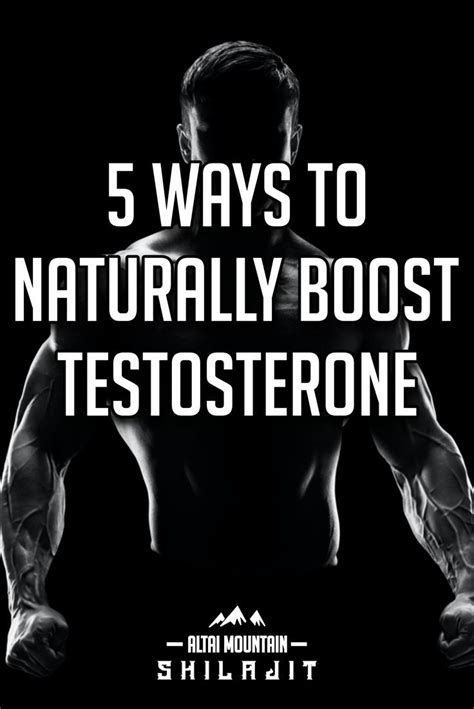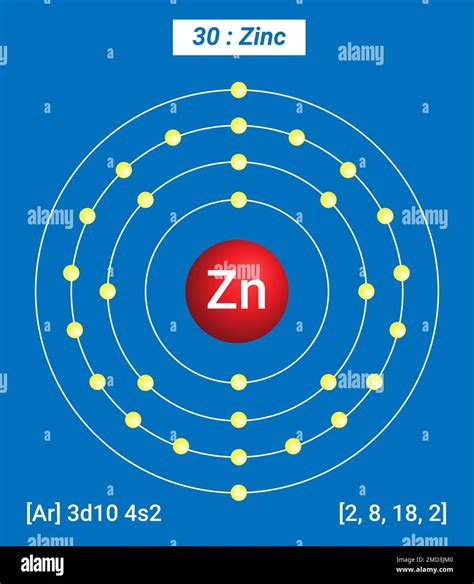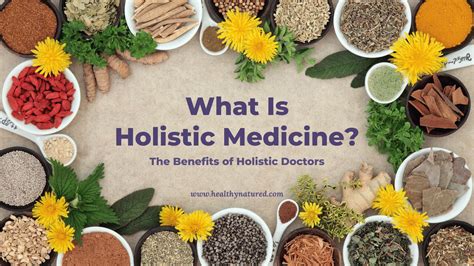What specific diet changes naturally boost testosterone for peak male performance?

Understanding Testosterone’s Role in Male Performance
Testosterone, often hailed as the king of male hormones, plays a crucial role far beyond just sex drive and muscle mass. Optimal testosterone levels are vital for energy, mood stability, cognitive function, bone density, and overall metabolic health. For many men seeking to achieve peak performance, both physically and mentally, naturally boosting this hormone through diet is a powerful and sustainable strategy.

The Foundational Pillars: Macronutrients for Testosterone
A balanced intake of macronutrients—fats, proteins, and carbohydrates—is essential for hormone production. Depriving your body of any of these can negatively impact testosterone synthesis.
Healthy Fats: Non-Negotiable for Hormone Production
Forget the low-fat craze; healthy fats are precursors to testosterone. Aim for a diet rich in monounsaturated and polyunsaturated fats.
- Monounsaturated Fats: Found in olive oil, avocados, nuts (almonds, cashews, pecans), and seeds.
- Polyunsaturated Fats (Omega-3s): Abundant in fatty fish like salmon, mackerel, and sardines, as well as flaxseeds and walnuts. These fats reduce inflammation, which can indirectly support hormone balance.
Quality Protein: Building Blocks and Satiety
Adequate protein intake supports muscle synthesis and overall metabolic function, both of which are linked to healthy testosterone levels. Choose lean protein sources, but don’t shy away from healthy animal fats that come with certain proteins.
- Lean Meats: Beef (grass-fed preferred for better fat profile), chicken, turkey.
- Eggs: Especially the yolks, which contain cholesterol, a precursor to steroid hormones including testosterone.
- Fish: Fatty fish mentioned above also contribute protein.
- Legumes & Plant Proteins: Lentils, beans, tofu (in moderation if soy-sensitive).
Complex Carbohydrates: Energy and Cortisol Balance
While some low-carb diets are popular, extremely restrictive carbohydrate intake can increase cortisol (stress hormone) and potentially lower testosterone. Focus on complex carbohydrates that provide sustained energy and fiber.
- Whole Grains: Oats, brown rice, quinoa, whole-wheat bread.
- Starchy Vegetables: Sweet potatoes, potatoes, butternut squash.
- Fruits: Berries, apples, bananas.

Micronutrients: The Hidden Boosters
Specific vitamins and minerals act as cofactors in testosterone production. Ensuring sufficient intake of these micronutrients can make a significant difference.
Zinc: The Testosterone Mineral
Zinc is critical for testosterone synthesis. Deficiency is common and directly linked to low T levels.
- Sources: Oysters (the richest source), red meat, poultry, beans, nuts (e.g., cashews), fortified cereals.
Vitamin D: The Sunshine Hormone
Often referred to as a pro-hormone, Vitamin D plays a crucial role in testosterone regulation. Many men are deficient.
- Sources: Sunlight exposure, fatty fish, fortified milk and cereals, egg yolks. Supplementation is often recommended after consulting a doctor.
Magnesium: Essential for Free Testosterone
Magnesium binds less to SHBG (Sex Hormone Binding Globulin), leading to more free (bioavailable) testosterone.
- Sources: Leafy green vegetables (spinach, kale), nuts (almonds, cashews), seeds (pumpkin, chia), legumes, dark chocolate, whole grains.
Boron: A Less-Known but Powerful Trace Mineral
Emerging research suggests boron can increase free testosterone and reduce estrogen levels.
- Sources: Raisins, prunes, avocados, nuts, broccoli, apples.

Foods to Limit or Avoid for Optimal Testosterone
Just as important as what you put into your body is what you keep out. Certain foods and substances can actively lower testosterone or disrupt hormone balance.
- Processed Foods & Refined Sugars: High intake can lead to insulin resistance, inflammation, and weight gain, all detrimental to testosterone.
- Trans Fats: Found in many fried and processed foods, these negatively impact cardiovascular health and hormone production.
- Excessive Alcohol: Chronic heavy drinking can damage testicular cells and disrupt the hormonal axis, leading to lower testosterone.
- Soy Products (in excess): While some research is mixed, high intake of soy isoflavones might have estrogenic effects in some individuals. Moderate consumption is generally fine.
- Plastics (BPA/Phthalates): Not a food, but these endocrine disruptors found in food packaging and containers can mimic estrogen and should be avoided where possible. Opt for glass or stainless steel.

Beyond Diet: A Holistic Approach
While diet is foundational, maximizing natural testosterone production involves a holistic lifestyle. Ensure adequate sleep (7-9 hours), engage in regular resistance training, manage stress effectively, and maintain a healthy body weight. These factors synergize with your dietary efforts to create an environment conducive to optimal hormone health.

Conclusion: Empowering Your Peak Performance
Naturally boosting testosterone for peak male performance is an achievable goal through strategic dietary changes. By prioritizing healthy fats, quality proteins, complex carbohydrates, and essential micronutrients like zinc, Vitamin D, and magnesium, while simultaneously limiting detrimental foods, men can significantly impact their hormonal health. Embrace these dietary shifts as a powerful step towards enhanced energy, vitality, and overall well-being, paving the way for a more robust and performing self.








